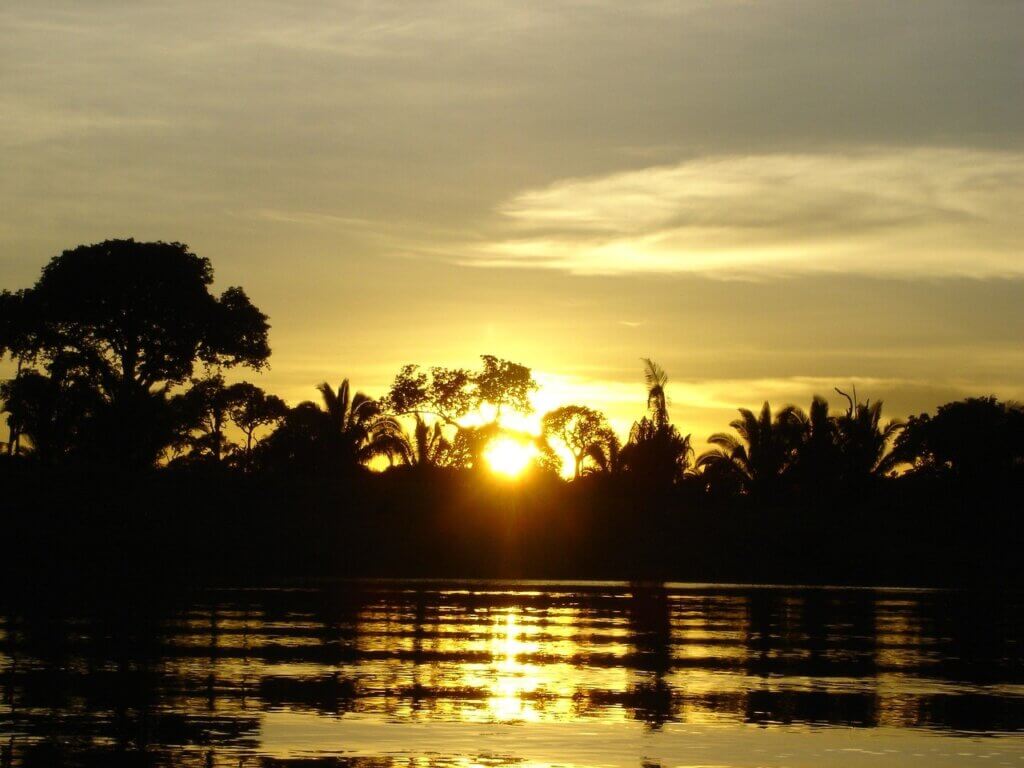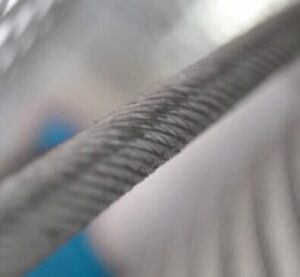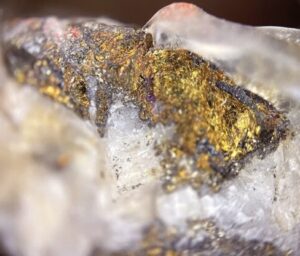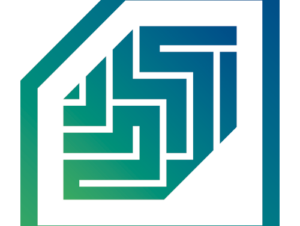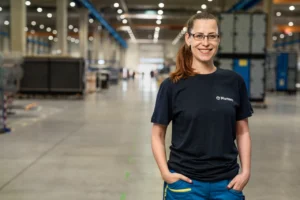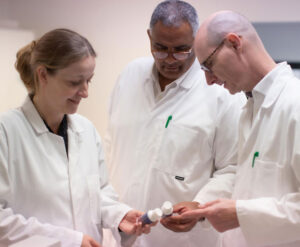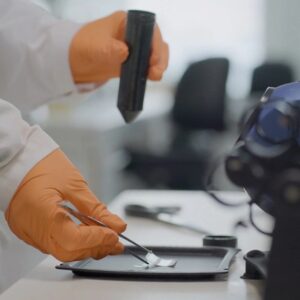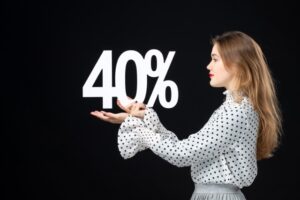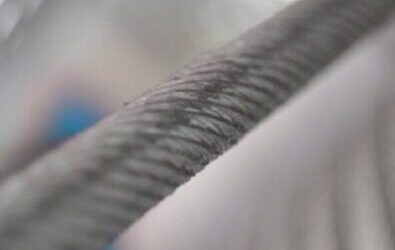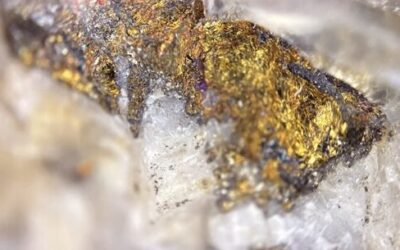How will Europe’s new deforestation law change Brazilian agriculture?
The view is tempting. From December 2024, certain foods sold in European supermarkets, such as coffee and chocolate, will have to come from areas free of deforestation. So says a new law, approved in April by the European Parliament, which bans the import of agricultural products from areas where native forests have been cut down. The rule, expected to enter into force in a year and a half, regulates imports of coffee, cocoa, soybeans, beef, rubber, palm oil and wood from Brazilian agriculture.
Brazil is the largest supplier of food products to the EU, so the new legislation has been at the center of a debate about new demands from international trade and commodity exports, which are crucial to the Brazilian trade balance. In 2022, raw materials, particularly soybeans, crude oil and iron, accounted for 68% of Brazilian foreign sales, generating around USD 227.2 billion. Soybeans alone accounted for USD 46.6 billion in exports (when soybean meal and oil are included, the total reaches USD 60.9 billion), 20.8% more than in 2021.
In this scenario, any change in EU rules requires extra care and attention. The problem is that some details of the new law are not clear. It is still not clear, for example, how sophisticated the tracking of production chains and sustainability practices should be.
“There may be additional costs with more sophisticated audits,” says lawyer Rodrigo Lima, partner-director of Agroicone, a specialist in international negotiations, environment and sustainability in agriculture. “In any case, it is a trade standard that could be adopted by the US and China, so food-producing countries will have to adapt.”
How does Brazil position itself in relation to the new European law?
Firstly, it is important to understand Europe’s position. The European Union is a major importer of food, and if deforestation associated with agricultural production is not controlled, it will not be possible to meet emission targets… Countries like the UK and the US are also moving in the same direction. In the future, China may also do the same. In short, what Europe is demanding is that environmental laws be respected.
How will the new guideline work in practice?
The European Union will define countries and areas with a higher or lower risk of deforestation. It will be up to the importer to decide who to buy from, which has to do with the degree of risk they will have to face. Another important point is that there will be fines for importers who buy food from deforestation areas. It should be clarified that this is an extraterritorial rule. So the European Union is regulating something in other territories, which may be questionable from the point of view of international law. It is a beautiful legal discussion.
The law makes no distinction between legal and illegal deforestation, does it?
The law addresses food production in areas of deforestation until December 31, 2020, whether or not it is allowed under the legislation of the producing country. In Brazil, we have a law that discusses the percentage of vegetation suppression in each biome, the Forestry Code. In the Amazon, for example, it is necessary to preserve 80% of the rural property area. But Europe’s new food import law says there should be no deforestation, whether legal or illegal.
In this sense, can this law be interpreted as an obstacle to the development of new agricultural areas?
Yes, it is. Countries like Malaysia and Indonesia claim that the new European standard limits access to international markets. This is an issue that can generate long discussions within the World Trade Organization (WTO). But it must be remembered that these debates last for years.
What criteria will the European Union use to define risk areas?
It will be the latest story on deforestation. The Amazon, for example, should be a high-risk area, which could cause problems for a state like Mato Grosso, which is a major grain producer. We still do not know if the European Union will distinguish biomes within the same state. I say this because Mato Grosso has as much Amazonian forest as the Cerrado. But this does not mean that buying from that location is prohibited. This means more risk and stricter EU supervision.
Do producers in risk areas need to prove more strongly that they are not involved in deforestation?
Yes, it is. It is likely that the producer will have to go through a certification and auditing process, which generates a cost. The whole chain will need to be certified. The standard includes beef imports, where it will be necessary to certify cereal producers as well. And here comes the difficulty. In relation to higher value added products like coffee, where certification is a difference that consumers are willing to pay for, this is not a problem. But this is not the case with raw materials such as soybeans. And there are logistical complexities too.
What kind of complexity?
The law states that each agricultural production polygon must comply with environmental rules and must be traceable. And tracking the production and export of raw materials is not easy. A ship loaded with soybeans brings together the production of hundreds or thousands of farms in different regions of the country. Not to mention the trucks that stop at various trading companies’ silos to be loaded. All that soy is mixed in silos, trucks, trains and ports. Logistics are like this all over the world.
How is this resolved?
The importer will require several measures to manage the risk. The European Union would have to be very careful about the issue that these requirements will generate costs, so that products could become expensive in Europe. In meetings with companies, I have asked about the level of complexity of managing risks. What I have heard is that the requirements will be met. But there will be costs.
In this scenario, can small and medium-sized producers be excluded from exports?
Yes, it is. Small farmers may be left out of exports to Europe for lack of resources to invest in traceability and more sophisticated certifications. This also applies to small and medium-sized livestock farmers. For this reason, many wonder whether the new European law is actually a form of protectionism. It is a point that is raised. If the idea is to help control deforestation in the world, producers alone may not contribute to this.
Deforestation is not only due to livestock. The data shows that vegetation is cut down on public land also due to mining and illegal logging and sale of timber. There are criminal activities. Will the new European law put an end to global deforestation by linking it only to food production? The European consumer must be challenged on this issue. This perception that the villain is farms limits our scope to control the problem.
Can the Forestry Code help reduce Brazil’s environmental risks in relation to European legislation?
You can, but we need to evolve on this point. The Forestry Code is a law that requires the conservation of native forests, according to a set of requirements. There is an instrument, the Rural Environmental Registry (CAR), within the scope of the Forestry Code, with data on the environmental management of rural properties. Each state has its CAR platform and many still need to move forward. But this system certainly has the potential to be an excellent tool for reducing environmental risks.
Can Brazil intensify trade with other regions of the world because of difficulties in selling to the EU?
Brazil will never give up on Europe as a trading partner. Exporting to Europe is a good business card and the European continent is important for our agricultural exports. But if there are a lot of barriers and costs, producers may start selling more to those who facilitate sales. It is a market issue. In any case, there are still points in the law to be clarified and Brazil will adapt to the new standards.
About the Viking
With Viking’s signals, you have a good chance of finding the winners and selling in time. There are many securities. With Viking’s autopilots or tables, you can sort out the most interesting ETFs, stocks, options, warrants, funds, and so on.
Click here to see what Vikingen offers: Detailed comparison – Stock market program for those who want to become even richer (vikingen.se)
